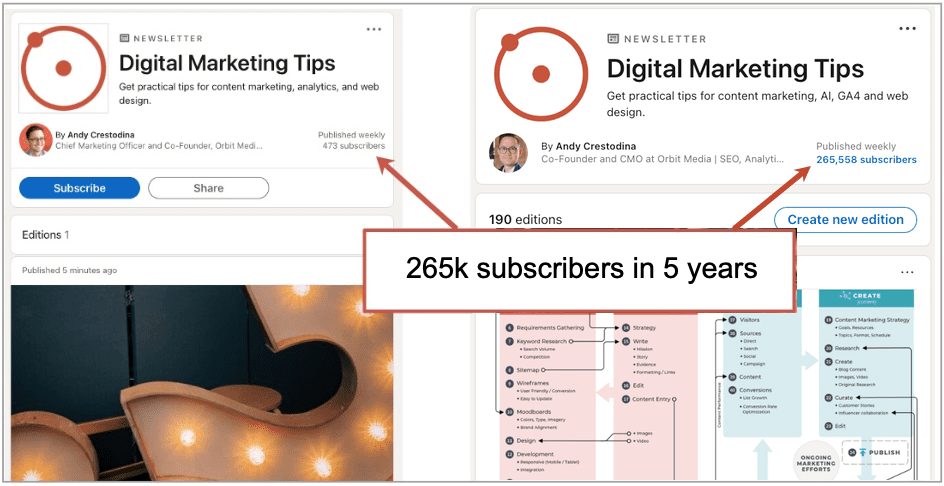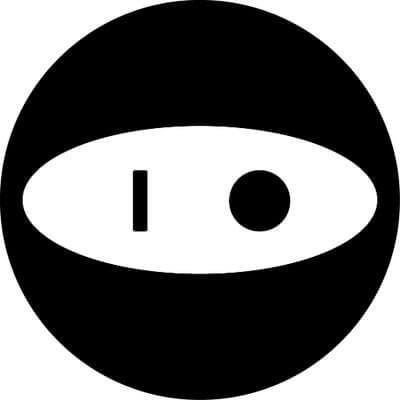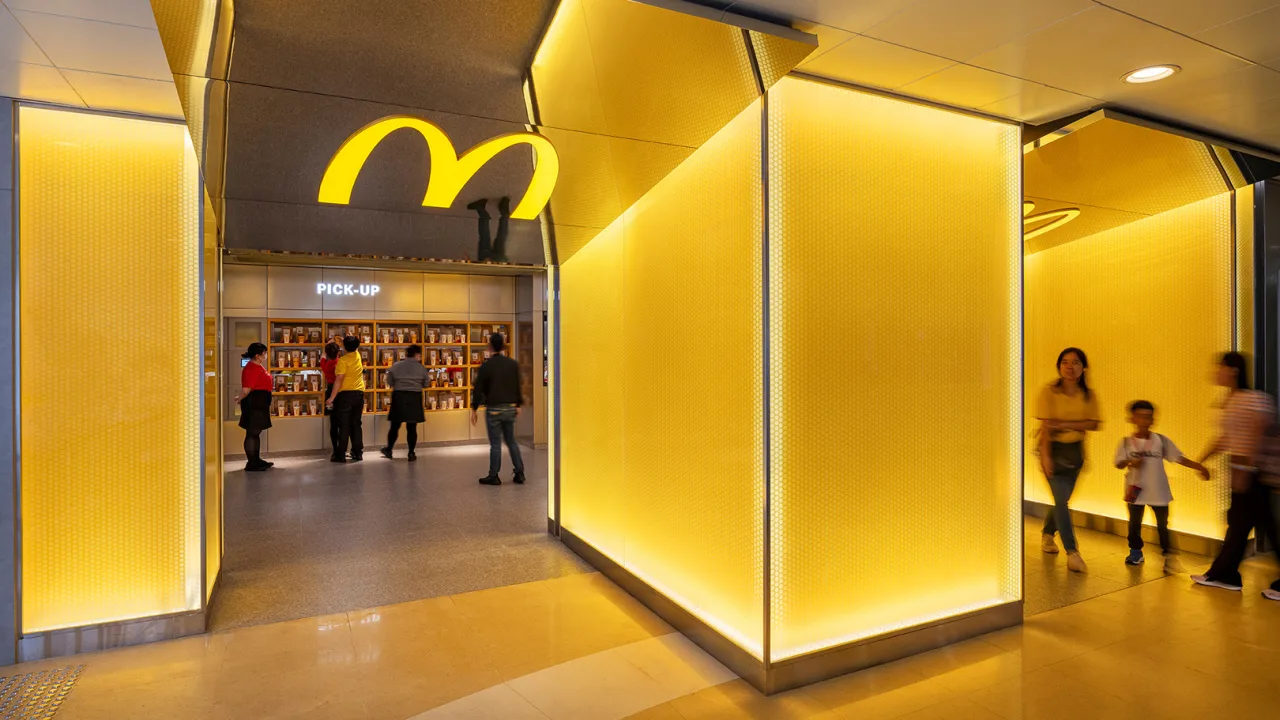Behavioral Psychology in Luxury Branding Strategy
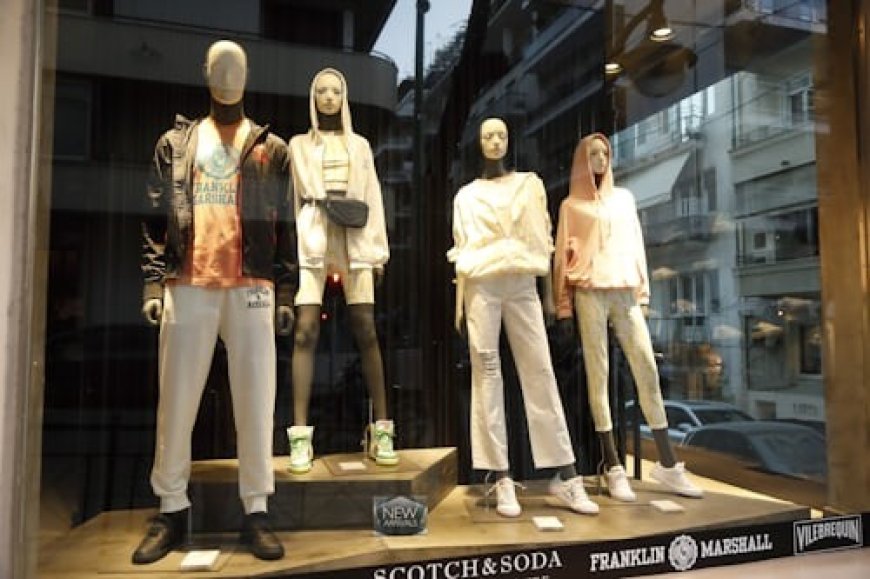
When we think of luxury brands, we often associate them with status, exclusivity, and a certain emotional appeal. But what drives consumers to choose a luxury product over another? This is where the fascinating world of behavioral psychology comes into play. A luxury branding agency leverages the principles of behavioral psychology to create compelling brand strategies that resonate deeply with consumers, shaping their perceptions and emotional connections with high-end products.
In this article, we will explore how behavioral psychology influences luxury branding strategy and how luxury branding agencies integrate psychological principles to craft unforgettable consumer experiences.
Understanding Behavioral Psychology in Branding
Behavioral psychology examines the ways in which people respond to stimuli and make decisions based on their experiences, emotions, and subconscious biases. When applied to branding, this field focuses on understanding consumer behavior and emotions to influence their decision-making processes. For luxury brands, these psychological insights are especially critical as they cater to consumers who are not only looking for high-quality products but also for brands that align with their values, desires, and aspirations.
Luxury branding agencies use these psychological insights to create brands that connect with customers on a deeper, emotional level. These brands evoke feelings of prestige, sophistication, and exclusivity, often driving consumer behavior far beyond logical decision-making processes.
The Role of Exclusivity in Consumer Desire
Exclusivity is one of the most powerful psychological triggers used by luxury branding agencies. It’s a concept that drives consumer demand by creating a sense of rarity. Behavioral psychology suggests that people often desire things that are scarce or exclusive because they associate them with higher value. This principle, known as the scarcity effect, plays a significant role in the pricing and marketing strategies of luxury brands.
For instance, limited edition products or invitation-only events create a sense of urgency and privilege, motivating consumers to act quickly to secure their place in the "elite" group. This feeling of exclusivity taps into deep-seated psychological desires related to status and belonging, making the consumer feel part of a select group.
How Exclusivity Drives Luxury Brand Loyalty
Consumers who purchase luxury products often seek more than just the product itself; they are purchasing an experience, a lifestyle, and a sense of identity. By employing exclusivity in their strategies, luxury branding agencies help cultivate customer loyalty. This loyalty is built not just on the satisfaction of owning a high-end product but also on the prestige and status associated with being a part of an exclusive group. Behavioral psychology suggests that when people feel that they have access to something others do not, they tend to value it more and are more likely to remain loyal to that brand.
Emotional Branding: The Power of Connection
One of the most significant psychological factors in luxury branding is emotional connection. Behavioral psychology emphasizes that consumers make decisions based on emotions, often before logic even comes into play. Luxury branding agencies use emotional branding strategies to tap into these feelings, creating an emotional bond between the brand and the consumer.
For example, luxury brands often tell stories that resonate emotionally with consumers. These stories are designed to evoke feelings of aspiration, identity, and personal values. Whether it’s through a powerful advertisement or a carefully crafted brand narrative, the goal is to create a deep emotional connection that makes the consumer feel personally invested in the brand.
The Influence of Nostalgia and Tradition
Luxury brands also frequently use nostalgia and tradition to build emotional connections with their audience. By referencing the history and craftsmanship behind a product, luxury brands tap into the psychological appeal of nostalgia, reminding consumers of timeless values, superior quality, and heritage. This strategy builds a sense of trust and familiarity, reinforcing the brand's identity and emotional appeal.
The Impact of Social Proof on Luxury Branding
Social proof, a psychological principle that suggests people tend to look to others when making decisions, plays a vital role in luxury branding strategy. People often look for validation from their social circles, whether it's through word-of-mouth or seeing others use a particular product.
Luxury brands have capitalized on this by leveraging celebrity endorsements, influencer marketing, and the "seen and heard" strategy. When a well-known figure or an influencer endorses a luxury product, their followers are more likely to be influenced by the endorsement due to social proof. This principle suggests that if others, particularly those with high status, are using a product, it must be of value, making it more desirable for potential buyers.
Social Proof and Consumer Behavior
The idea behind social proof is that individuals feel more confident in their purchasing decisions when they see others validate the product. For example, seeing a celebrity with a luxury watch or a luxury car can drive consumers to purchase similar products to emulate that lifestyle. Social proof allows luxury branding agencies to expand their reach and influence by aligning the brand with individuals and groups that embody the values the brand wants to project.
The Psychology of Color and Design in Luxury Branding
Another aspect where behavioral psychology intersects with luxury branding is in the use of color and design. Different colors and design elements evoke specific psychological responses. For example, the color gold is often used by luxury brands to evoke feelings of wealth, prestige, and success. Similarly, sleek, minimalist designs are often associated with high-end products, representing elegance and sophistication.
Color Psychology in Luxury Branding
Luxury branding agencies use color psychology to strategically select palettes that align with the emotions they want to evoke. While red may symbolize passion and power, blue represents trust and stability, and black is synonymous with sophistication and luxury. Each of these colors is carefully chosen to communicate the values and image of the brand, influencing consumer perceptions at a subconscious level.
The Importance of Simplicity and Elegance
The use of simplicity in design is another critical psychological element in luxury branding. Behavioral psychology suggests that consumers are more likely to perceive something as valuable when it is simple and refined. By minimizing unnecessary design elements and focusing on clean lines and elegant visuals, luxury brands ensure their products and marketing materials resonate with the desire for sophistication and high status.
The Principle of Reciprocity in Luxury Marketing
Reciprocity is a fundamental psychological principle in behavioral psychology, and it plays a critical role in luxury branding. This principle suggests that when a brand offers something of value to a consumer, whether it's a sample, personalized service, or an exclusive experience, the consumer feels a psychological obligation to return the favor, often by making a purchase.
Luxury branding agencies use this principle in a variety of ways. For example, a brand may offer a personalized shopping experience, exclusive events, or even small gifts with purchase. By giving consumers something of value, these brands create a sense of indebtedness, making them more likely to buy.
Creating Loyalty Through Personalized Experiences
Luxury brands often go the extra mile to create personalized experiences for their customers. This strategy plays directly into the principle of reciprocity, as consumers feel valued and, in turn, are more likely to become repeat customers. By offering exclusive services or bespoke products, luxury brands cultivate strong emotional ties with their consumers, reinforcing long-term loyalty.
Understanding Consumer Perception and Brand Trust
Finally, consumer perception and brand trust are at the core of any successful luxury branding strategy. Behavioral psychology teaches us that people often make decisions based on their perception of a brand's reliability, reputation, and authenticity. For luxury brands, maintaining an image of trustworthiness and exclusivity is essential to driving consumer demand and loyalty.
Luxury branding agencies work tirelessly to shape and protect the brand’s image, ensuring it aligns with the values of quality, trust, and exclusivity. They focus on maintaining high standards of craftsmanship, customer service, and ethical business practices to build long-lasting consumer trust.
Shaping the Future of Luxury Branding
As the world of branding continues to evolve, so too does the role of behavioral psychology in shaping the future of luxury brands. With advancements in technology, such as AI and data analytics, luxury branding agencies will have more opportunities to predict and influence consumer behavior in increasingly personalized and innovative ways.
Brands will continue to explore new ways to connect with consumers on a deeper level, using psychological principles to craft marketing strategies that resonate emotionally. From virtual experiences to data-driven personalization, the integration of behavioral psychology will remain a cornerstone of successful luxury branding strategies for years to come.
Final Thoughts: A New Era of Emotional Engagement in Luxury Branding
As we have seen, behavioral psychology plays a vital role in luxury branding strategies. By understanding and leveraging psychological principles, luxury branding agencies can create more profound emotional connections with consumers, ultimately shaping their purchasing decisions. By using exclusivity, emotional branding, social proof, and psychological design elements, luxury brands can maintain their prestige and drive consumer loyalty in an increasingly competitive market.
These insights into the intersection of psychology and luxury branding are crucial for both brand creators and consumers, as they navigate the complex world of high-end marketing.


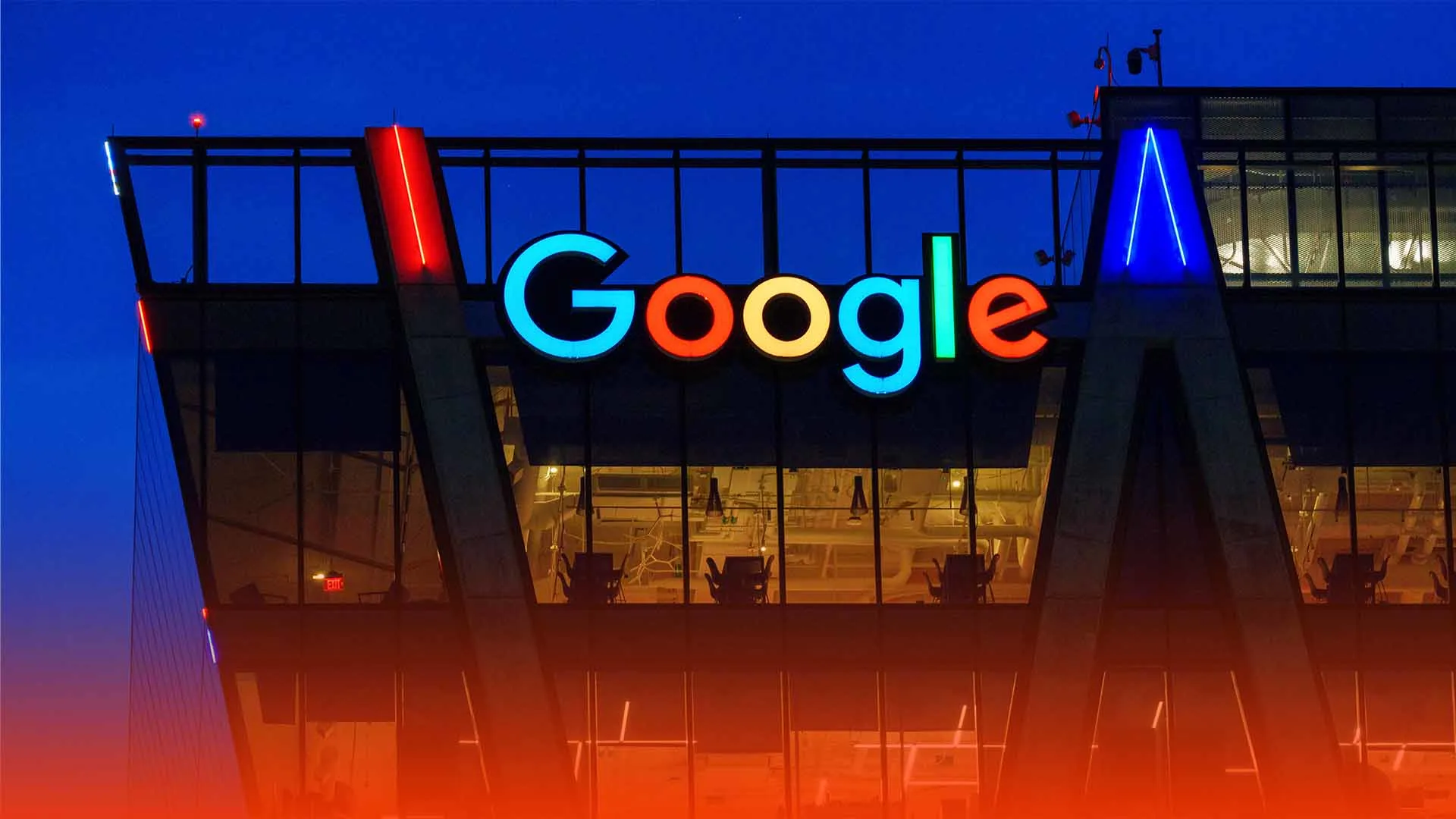













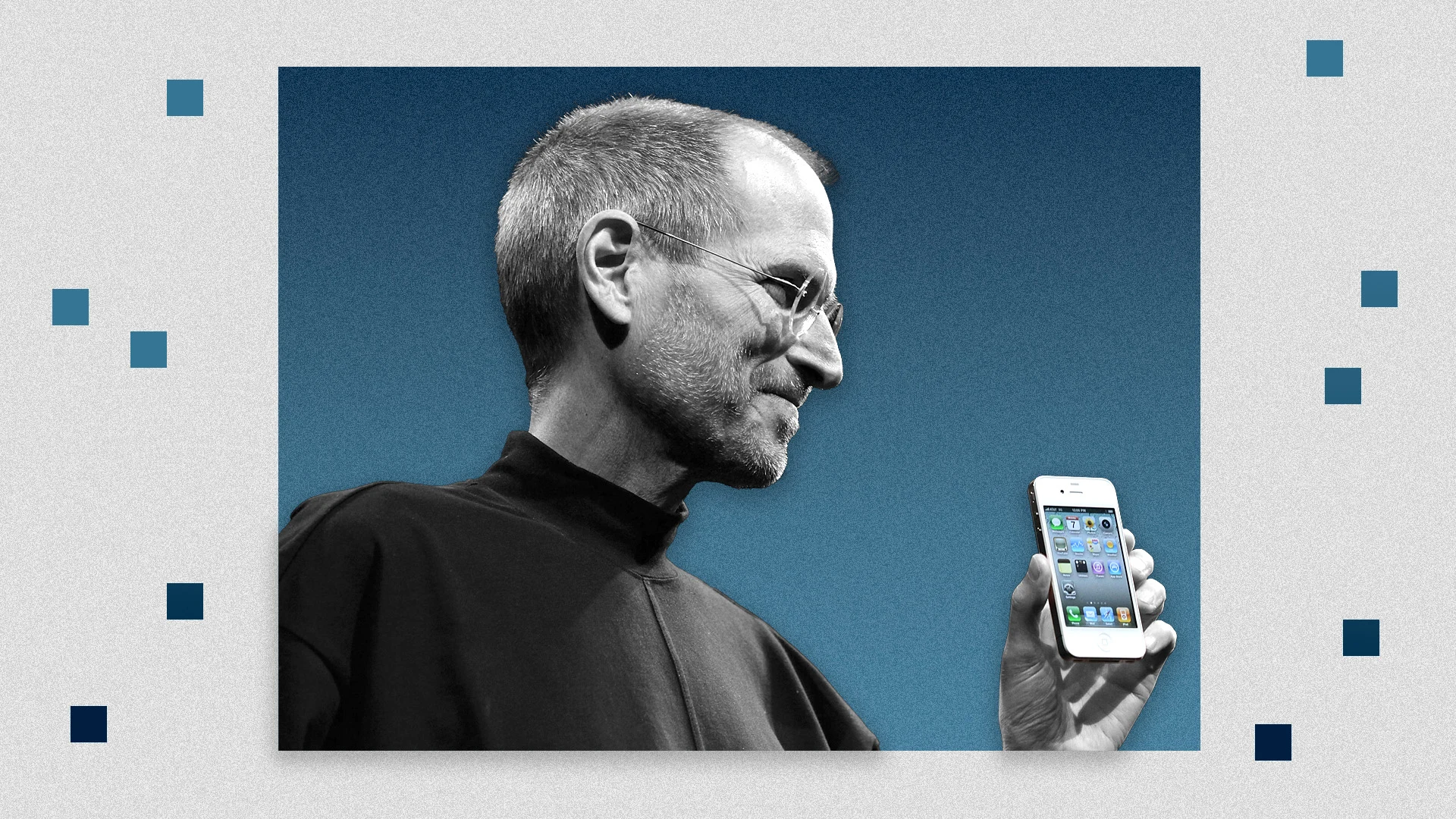
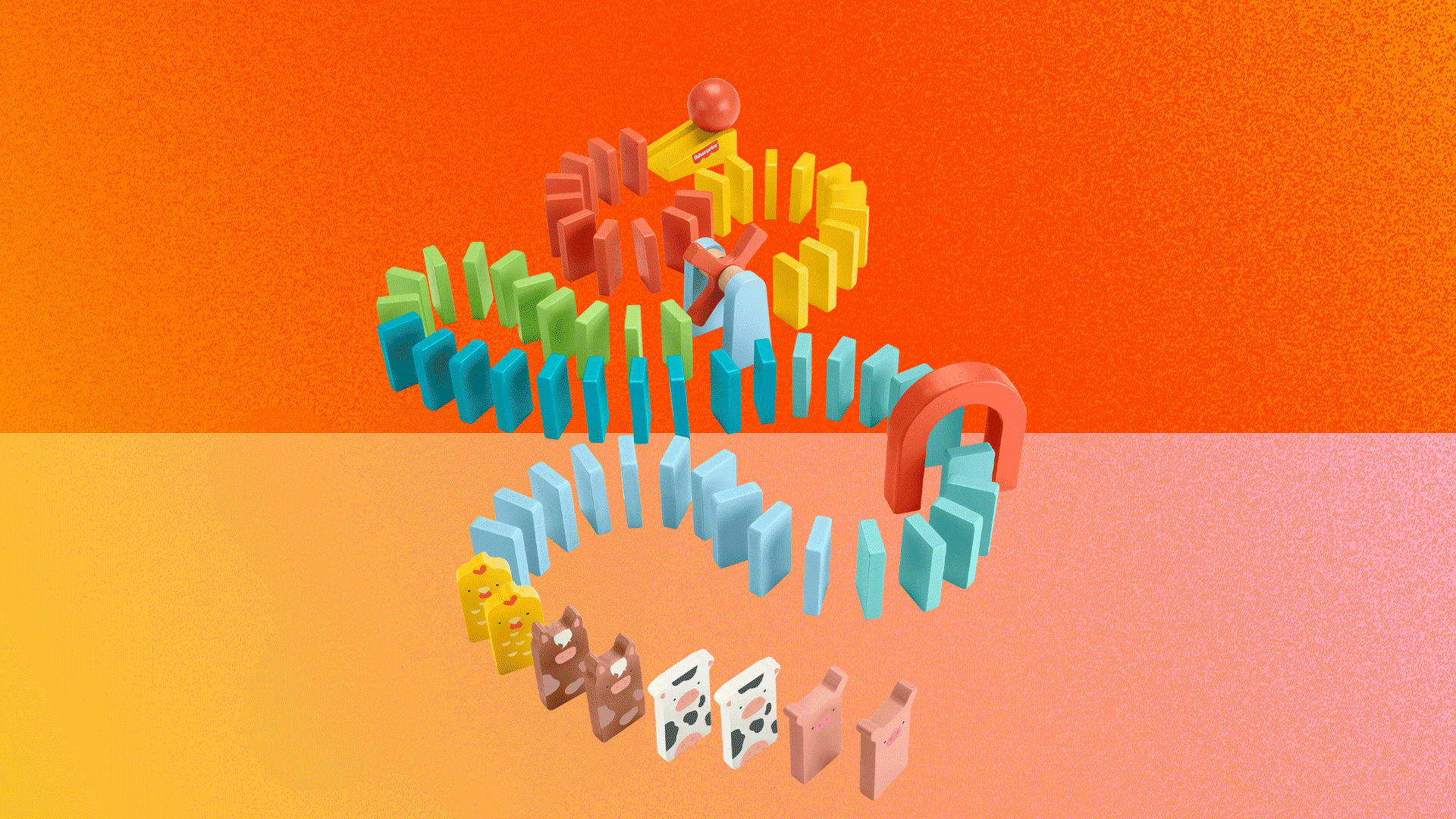














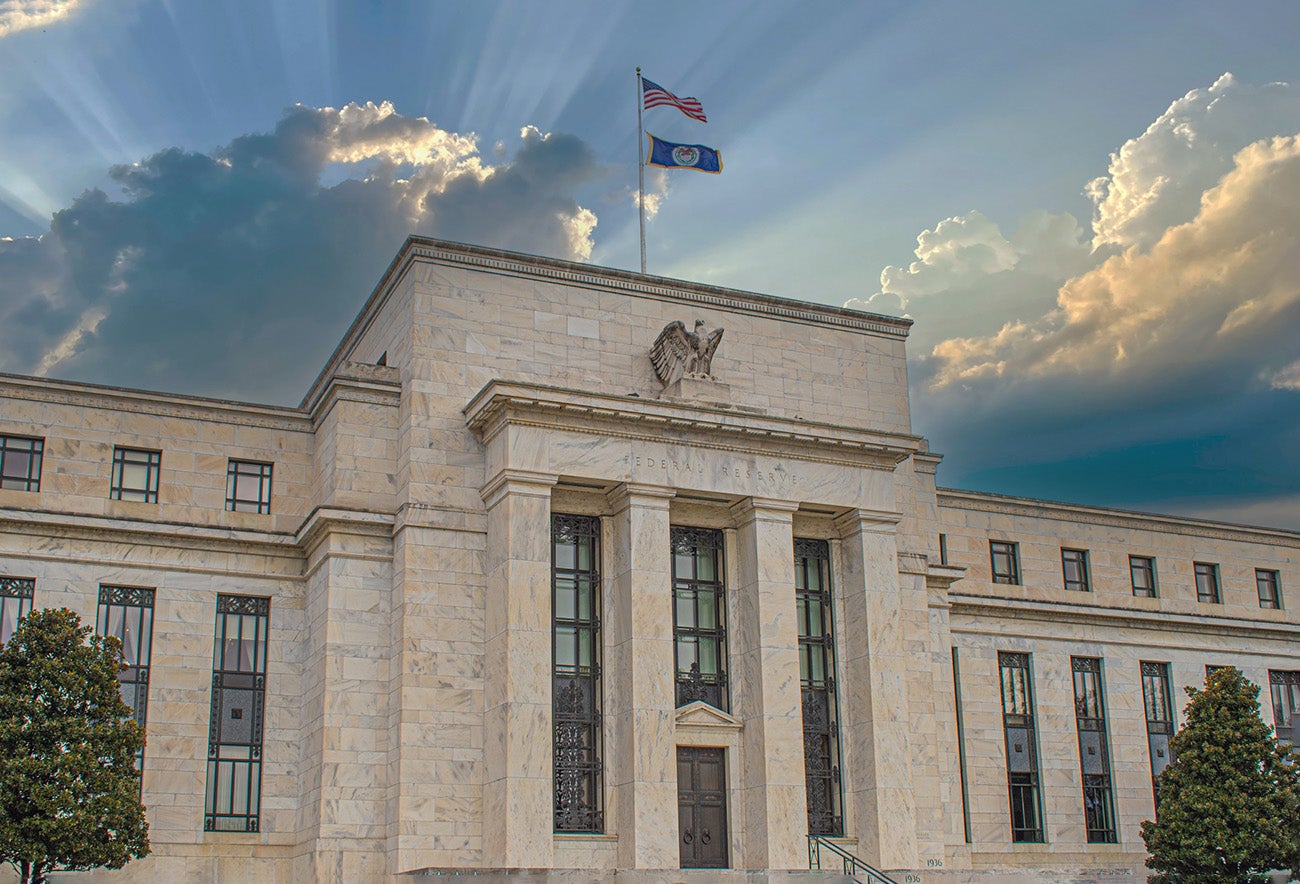
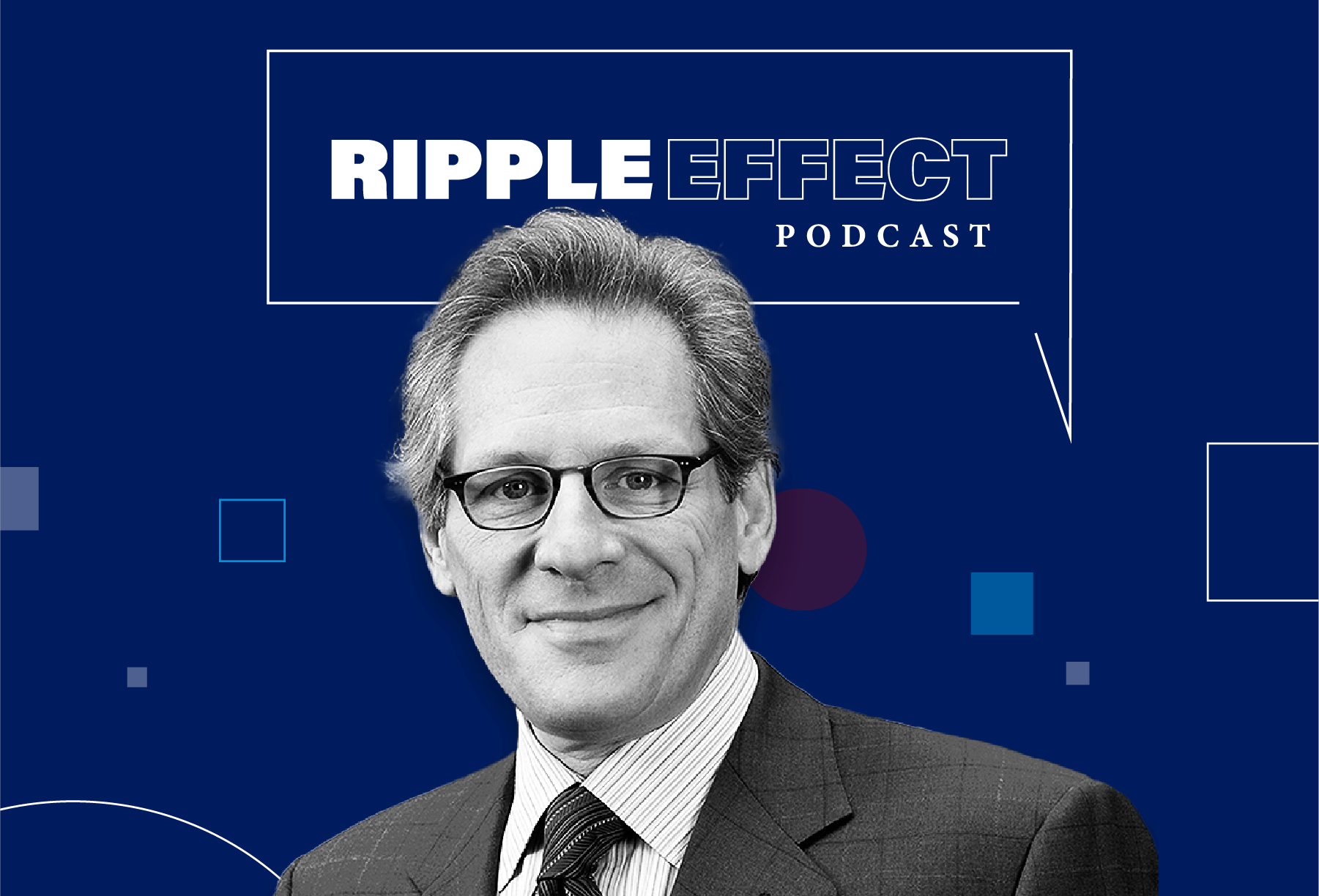


















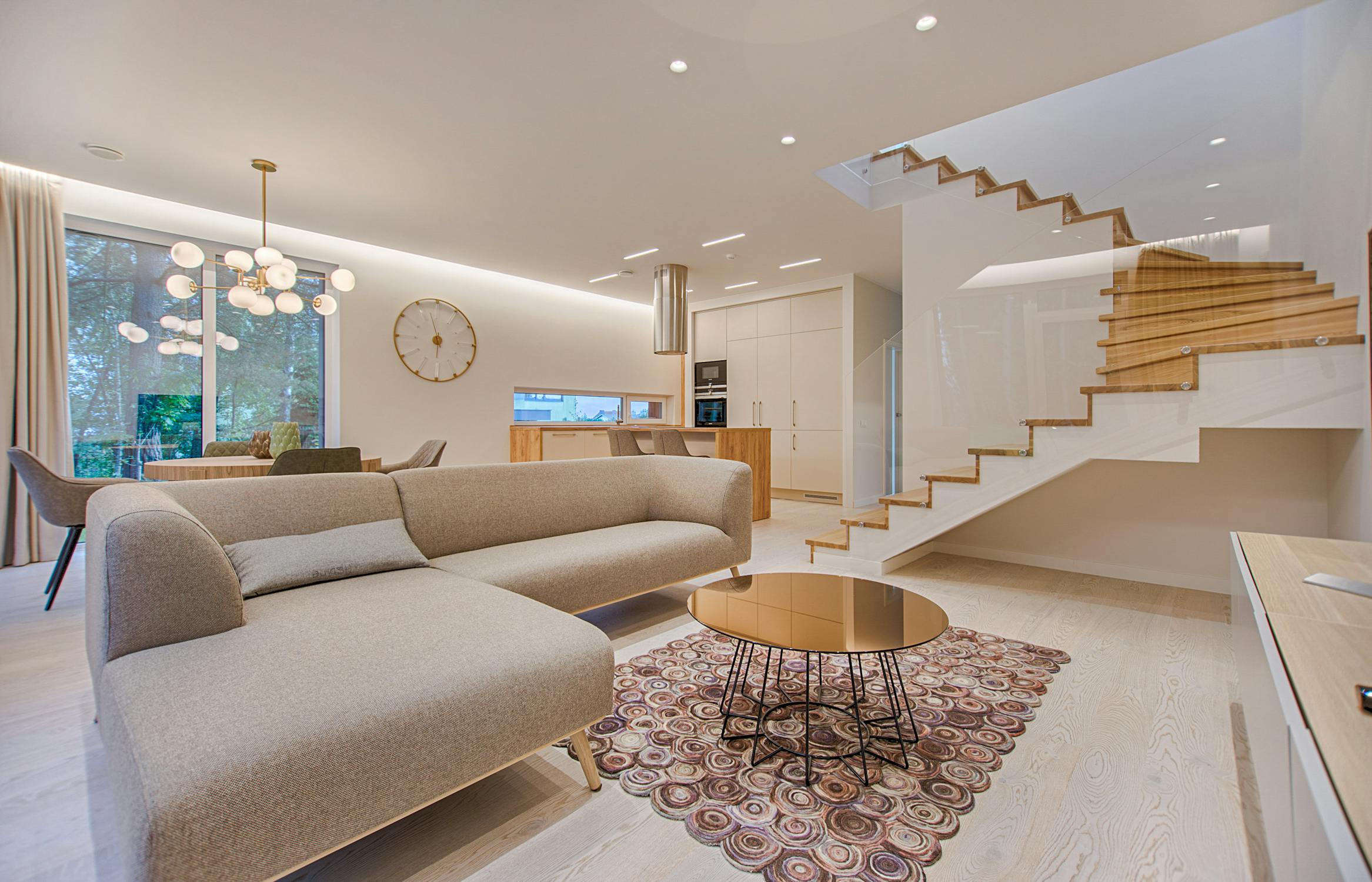




















































![Building A Digital PR Strategy: 10 Essential Steps for Beginners [With Examples]](https://buzzsumo.com/wp-content/uploads/2023/09/Building-A-Digital-PR-Strategy-10-Essential-Steps-for-Beginners-With-Examples-bblog-masthead.jpg)











